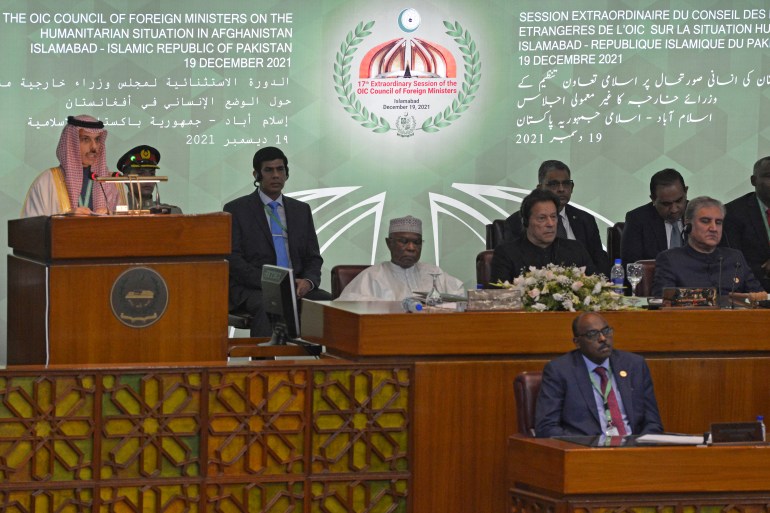OTTAWA – The federal government is expected to boost the minimum hourly wage that must be paid to temporary foreign workers in the high-wage stream as a way to encourage employers to hire more Canadian staff.
Under the current program’s high-wage labour market impact assessment (LMIA) stream, an employer must pay at least the median income in their province to qualify for a permit. A government official, who The Canadian Press is not naming because they are not authorized to speak publicly about the change, said Employment Minister Randy Boissonnault will announce Tuesday that the threshold will increase to 20 per cent above the provincial median hourly wage.
The change is scheduled to come into force on Nov. 8.
As with previous changes to the Temporary Foreign Worker program, the government’s goal is to encourage employers to hire more Canadian workers. The Liberal government has faced criticism for increasing the number of temporary residents allowed into Canada, which many have linked to housing shortages and a higher cost of living.
The program has also come under fire for allegations of mistreatment of workers.
A LMIA is required for an employer to hire a temporary foreign worker, and is used to demonstrate there aren’t enough Canadian workers to fill the positions they are filling.
In Ontario, the median hourly wage is $28.39 for the high-wage bracket, so once the change takes effect an employer will need to pay at least $34.07 per hour.
The government official estimates this change will affect up to 34,000 workers under the LMIA high-wage stream. Existing work permits will not be affected, but the official said the planned change will affect their renewals.
According to public data from Immigration, Refugees and Citizenship Canada, 183,820 temporary foreign worker permits became effective in 2023. That was up from 98,025 in 2019 — an 88 per cent increase.
The upcoming change is the latest in a series of moves to tighten eligibility rules in order to limit temporary residents, including international students and foreign workers. Those changes include imposing caps on the percentage of low-wage foreign workers in some sectors and ending permits in metropolitan areas with high unemployment rates.
Temporary foreign workers in the agriculture sector are not affected by past rule changes.
This report by The Canadian Press was first published Oct. 21, 2024.
— With files from Nojoud Al Mallees

 Taliban Foreign Minister Amir Khan Muttaqi, centre, arrives to attend the opening of a special meeting of the 57-member Organisation of Islamic Cooperation (OIC) in Islamabad [Farooq Naeem/AFP]
Taliban Foreign Minister Amir Khan Muttaqi, centre, arrives to attend the opening of a special meeting of the 57-member Organisation of Islamic Cooperation (OIC) in Islamabad [Farooq Naeem/AFP] Saudi Arabia’s Minister of Foreign Affairs Prince Faisal bin Farhan Al Saud, left, speaks to delegates during the opening of a special meeting of the 57-member OIC in Islamabad [Farooq Naeem/AFP]
Saudi Arabia’s Minister of Foreign Affairs Prince Faisal bin Farhan Al Saud, left, speaks to delegates during the opening of a special meeting of the 57-member OIC in Islamabad [Farooq Naeem/AFP]






















